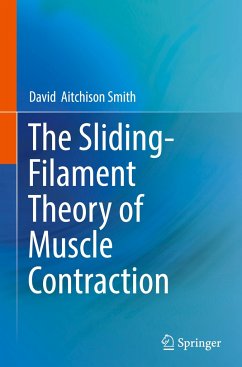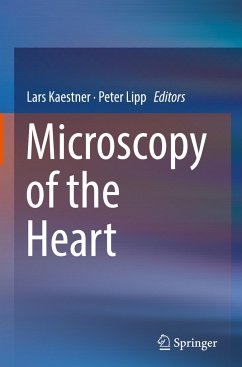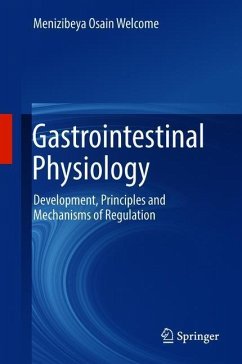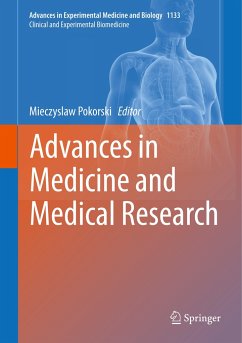
Sex-Specific Analysis of Cardiovascular Function

PAYBACK Punkte
114 °P sammeln!
This book gathers together contributions from internationally renowned authors in the field of cardiovascular systems and provides crucial insight into the importance of sex- and gender-concepts during the analysis of patient data. This innovative title is the first to offer the elements necessary to consider sex-related properties in both clinical and basic studies regarding the heart and circulation on multiscale levels (i.e. molecular, cellular, electrophysiologically, neuroendocrine, immunoregulatory, organ, allometric, and modeling). Observed differences at (ultra)cellular and organ level...
This book gathers together contributions from internationally renowned authors in the field of cardiovascular systems and provides crucial insight into the importance of sex- and gender-concepts during the analysis of patient data. This innovative title is the first to offer the elements necessary to consider sex-related properties in both clinical and basic studies regarding the heart and circulation on multiscale levels (i.e. molecular, cellular, electrophysiologically, neuroendocrine, immunoregulatory, organ, allometric, and modeling). Observed differences at (ultra)cellular and organ level are quantified, with focus on clinical relevance and implications for diagnosis and patient management. Since the cardiovascular system is of vital importance for all tissues, Sex-Specific Analysis of Cardiovascular Function is an essential source of information for clinicians, biologists, and biomedical investigators. The wide spectrum of differences described in this book will also act as an eye-opener and serve as a handbook for students, teachers, scientists and practitioners.














